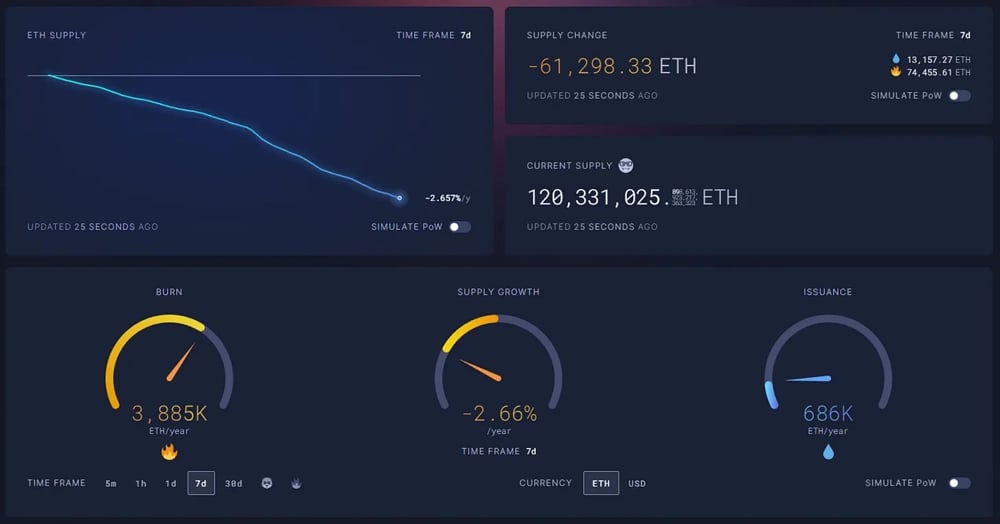Classiq Secures $110 Million in Funding to Advance Quantum Computing Innovation

Quantum computing, a technology that holds the potential to revolutionize industries from pharmaceuticals to materials science, is taking another step forward. Classiq, an Israeli startup focused on quantum computing, has successfully raised $110 million in its latest funding round. This brings the company’s total funding to $173 million, underscoring the growing interest and potential of quantum technologies.
Quantum computing promises to perform tasks in seconds that would otherwise take traditional computers millions of years. This capability could lead to breakthroughs in numerous fields, including medicine, chemistry, and artificial intelligence. The latest investment in Classiq is a significant milestone in the journey towards realizing the full potential of quantum systems.
This article will explore Classiq’s latest funding round, its role in the quantum computing sector, and the broader implications of quantum computing for the future.
Classiq’s Quantum Leap
Classiq’s success in securing $110 million is a testament to the increasing confidence in quantum computing as a transformative technology. The startup’s approach to quantum computing aims to streamline the development of quantum algorithms and applications. Let’s break down the key aspects of Classiq’s strategy, its investors, and what this funding means for the future of quantum computing.

Key Features of Classiq's Quantum Computing Vision
Classiq’s platform focuses on designing quantum algorithms at a higher level, using an approach that combines traditional programming with quantum computing principles. This is a key differentiator in a field that is still in its nascent stages of development. Here are the main aspects of Classiq’s unique approach:
Quantum Software Development: Traditional quantum computing requires programming at a low level, which can be complex and time-consuming. Classiq’s platform simplifies this process by enabling users to design quantum algorithms using higher-level abstractions, making quantum computing more accessible to developers and businesses.
Versatility Across Industries: Classiq’s technology has applications across several sectors, including pharmaceuticals, materials science, logistics, and cybersecurity. Its ability to model complex systems will enable companies in these industries to solve problems that are otherwise computationally infeasible on classical computers.
Enabling Faster Quantum Applications: The company aims to accelerate the development of practical quantum applications. By simplifying the creation of quantum algorithms, Classiq allows businesses to experiment with and deploy quantum solutions more rapidly, potentially shortening the time it takes for quantum computing to impact real-world industries.

Key Investors and Partners
The funding round, led by Entree Capital, saw participation from several high-profile investors, including Norwest $NWE.AX , NightDragon $NDAC , Hamilton Lane, Clal, Neva SGR, Phoenix, Team8, IN Venture, Wing, HSBC $HSBC , Samsung Next $018260.KS , and QBeat. The involvement of such diverse and prestigious investors demonstrates the broad interest in quantum computing and the potential Classiq has in advancing the field. Here's a breakdown of the key players:
Entree Capital: A leading venture capital firm specializing in high-growth startups, Entree Capital's involvement in this funding round highlights the growing confidence in the quantum computing market.
Norwest and NightDragon: Both firms are well-known for investing in breakthrough technologies. Their support further solidifies Classiq’s position as a leading player in the quantum computing space.
Samsung Next and HSBC: The involvement of these global corporations signifies that established industry players are increasingly recognizing the potential of quantum computing. Samsung Next, in particular, is known for its investments in cutting-edge technology, while HSBC’s participation signals the relevance of quantum computing in the financial services sector.
The Quantum Computing Landscape and Future Prospects
Classiq’s latest funding round comes at a time when quantum computing is gaining momentum, with both private companies and governments investing heavily in the technology. As the quantum landscape evolves, it is crucial to examine what the future holds for Classiq and the industry at large.
The Growth of Quantum Computing
Quantum computing is no longer just a theoretical concept; it is increasingly becoming a reality. With major investments pouring into the sector, quantum computers are becoming more powerful, and companies like Classiq are at the forefront of developing practical applications. Below are some of the key reasons why quantum computing is rapidly gaining attention:
Exponential Growth in Computational Power: Quantum computers use quantum bits, or qubits, which can represent both 0 and 1 simultaneously. This parallelism allows quantum computers to perform calculations at exponentially faster rates compared to traditional computers.
Solving Intractable Problems: Quantum computers are expected to tackle problems that are currently intractable for classical computers. For instance, they could optimize complex systems in logistics, simulate chemical reactions for drug development, and break current cryptographic protocols in cybersecurity.
Significant Investment: The financial backing for quantum computing startups like Classiq is growing. Corporations, venture capital firms, and government bodies are all funding quantum projects, recognizing the potential of the technology to transform industries and drive economic growth.

Numbered List: Key Sectors Poised to Benefit from Quantum Computing
As quantum computing continues to evolve, several sectors are set to gain the most from its breakthroughs. Here are the top areas that could benefit:
Pharmaceuticals and Healthcare: Quantum computing will enable faster drug discovery, more accurate modeling of biological processes, and improvements in personalized medicine.
Materials Science: Quantum simulations will make it possible to design new materials with specific properties, leading to advancements in everything from batteries to semiconductors.
Finance: Quantum computing will be able to optimize trading algorithms, improve risk modeling, and enhance fraud detection in financial markets.
Cybersecurity: Quantum computers will be able to break existing encryption methods, but they also promise to create new, more secure encryption protocols based on quantum principles.
Logistics and Supply Chain Management: Quantum computing will optimize supply chain logistics, making it easier to solve complex optimization problems in real-time.
Conclusion: Classiq and the Quantum Future
Classiq’s $110 million funding round marks an important step in the journey toward making quantum computing a practical tool for businesses. With the backing of major investors and a growing demand for advanced computational solutions, Classiq is poised to continue its work on simplifying quantum algorithm development. As the field of quantum computing continues to mature, it is likely that Classiq will play a pivotal role in enabling real-world applications that could transform multiple industries.
The next few years will be crucial for the quantum computing sector. As more companies invest in research and development, the possibilities for innovation are virtually limitless. From drug development to materials science, quantum computing has the potential to create breakthroughs that were once thought to be impossible. Classiq’s advancements bring us one step closer to realizing this exciting future.














Comments